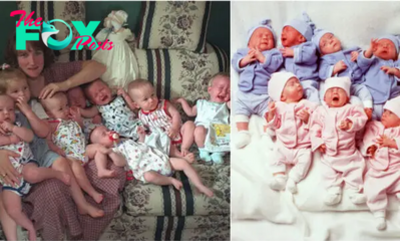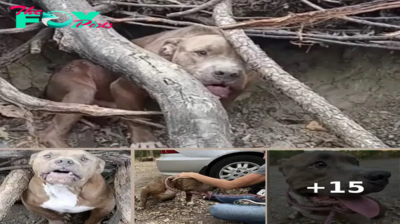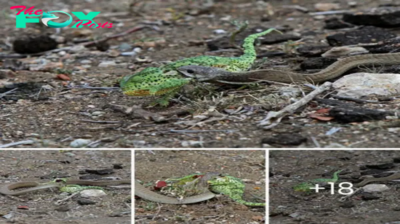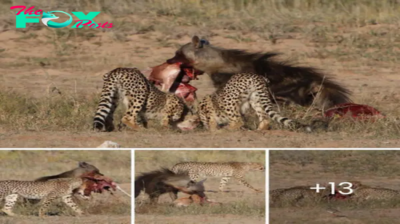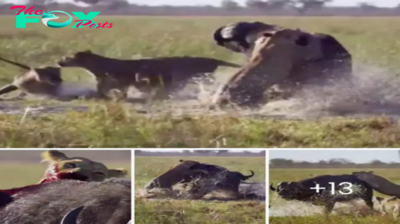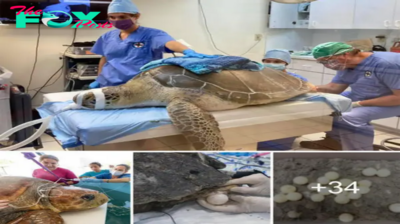Cat owners may enjoy doting on their feline companions, but is this love reciprocated — or do cats actually dislike us? Unlike dogs which love us unconditionally, cats are often accused of using us to fulfill their needs and wouldn’t care if we lived or died. But is this aloof and calculating stereotype fair?
There is some truth in the accusations, as numerous studies have found evidence that cats (Felis catus) don’t love us back in the same way dogs do, and will make us work for their affections. They do, however, appear to like us at least a little.
In a 2015 study conducted for the BBC documentary “Cats v Dogs,” neuroscientists sampled the saliva of 10 cats and dogs and found oxytocin hormone levels increased in both cats and dogs after being stroked. However, the amount of oxytocin, a love hormone used in social bonds, was much higher in dogs, increasing on average by 57.2% compared with just 12% in cats.
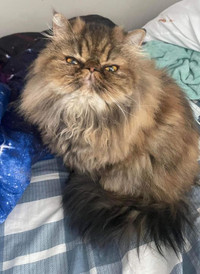
In a 2021 study, researchers explored the cat-human bond and found that aloof cat behavior was less common than they expected. “Cats form close emotional relationships with humans, yet little is actually known about this,” study author Daniel Mills, animal behavioral specialist at the University of Lincoln, said in a statement at the time. “As with any complex social relationship, the type of cat-owner bond is a product of the dynamic between both individuals involved, along with their certain personality features.”
The study authors surveyed 3,994 cat owners and identified five different cat and owner relationships to determine the emotional bond between them. The relationship was then assigned to one of the following: open relationship, remote association, casual relationship, co-dependence and friendship, with open relationship being the most detached relationship and friendship the closest bond. Results were fairly split, with about half showing emotional investment and the other having a more aloof relationship.
“I think there is an emotional bond between the cat and its owner, especially if we consider the large amount of time that they spend together. However, I am not sure that we can speak about attachment in the same way as with dogs and their owner, particularly for adult cats,” lead author of the study and animal behavioral specialist at the University of Lincoln, Claire Ricci-Bonot, told Live Science.
The study found that felines can form social relationships with humans, but it is dependent on the emotional input from the owner, and whether the cats are given the level of independence they desire.

A separate 2019 study also found evidence of a cat-owner bond — but noted that compared with dogs, it took greater effort from the owner to build this connection. An earlier 2008 study found that the blood pressure of cats increased when they encountered a human they had bonded with, suggesting that cat-owner relationships are significant. The increased heart rate was suggested to be the result of excitement or anticipation of a reward.
“The type of relationship that the cat and the owner have depends on the owner’s level of emotional investment in the cat and the cat’s sociability,” Ricci-Bonot said. “But there are other factors which need to be considered such as the personalities of the cats as well as their socialization and how we house them (indoors/outdoors). Some cats might be able to form [a] very close bond with their owner, but every relationship is unique.”
A 2021 study found cats gravitate towards humans that read their subtle behavioral cues and allow them choice and control in how much engagement they are given — cats dislike having attention forced on them and will become hostile or actively avoid humans that force interactions.
— Cats have nearly 300 facial expressions, including a ‘play face’ they share with humans
— Some cats spontaneously start playing fetch and we have no idea why
— Why do cats throw up so much?
“The results demonstrate a clear preference amongst cats for a more ‘hands off’ approach to Petting, which ultimately lets them call most of the shots,” study author Lauran Finka, a cat behavior and welfare specialist in Nottingham Trent University said in a statement at the time. “Cats are not necessarily known for being overly expressive when it comes to communicating how they are feeling. This can often cause issues during Petting because many cats may feel a little uncomfortable at times, but this isn’t something that is always easy for us to pick up on.”
Whereas dogs were the first animal to be domesticated at least 23,000 years ago during the Pleistocene epoch (2.6 million to 11,700 years ago), the domestication of cats was much later. Evidence suggests cats domesticated themselves about 10,000 years ago, having endeared themselves to farmers of ancient Anatolia by feasting on the rodents gobbling up their grain.

